With Haydn in Vienna – 6. With Haydn in the kitchen
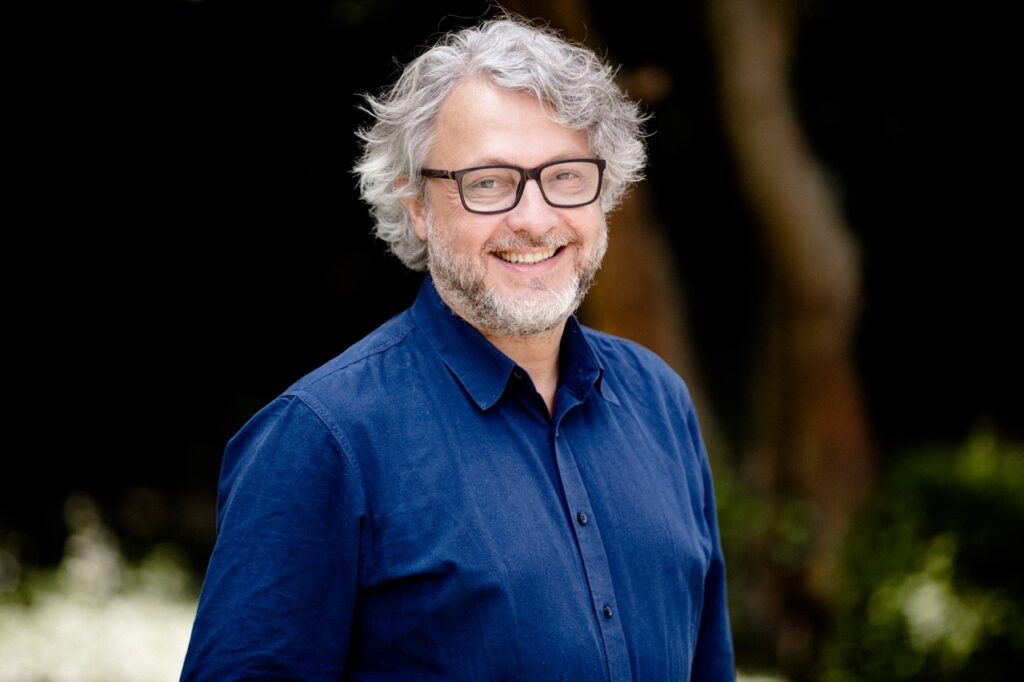
In other words, the customs of eating and drinking in 18th century Vienna. All from the perspective of Joseph Haydn. Did he cook, or was he cooked for, did he drink alcohol or was he abstinent? The course of music history does not turn on these questions, but it is worth finding answers to them […]
With Haydn in Vienna – 5. With Haydn in parliament

The institution of parliament was not really known in 18th century Vienna. Despite this, Joseph Haydn had his own political views. He may not have gone out to demonstrate, but he occasionally made clear his opinions. Ádám Bősze’s latest performance is about the degree of dissent and loyalty of the master. Language of performance: Hungarian.
Concert of Mihály Berecz and Barnabás Kelemen
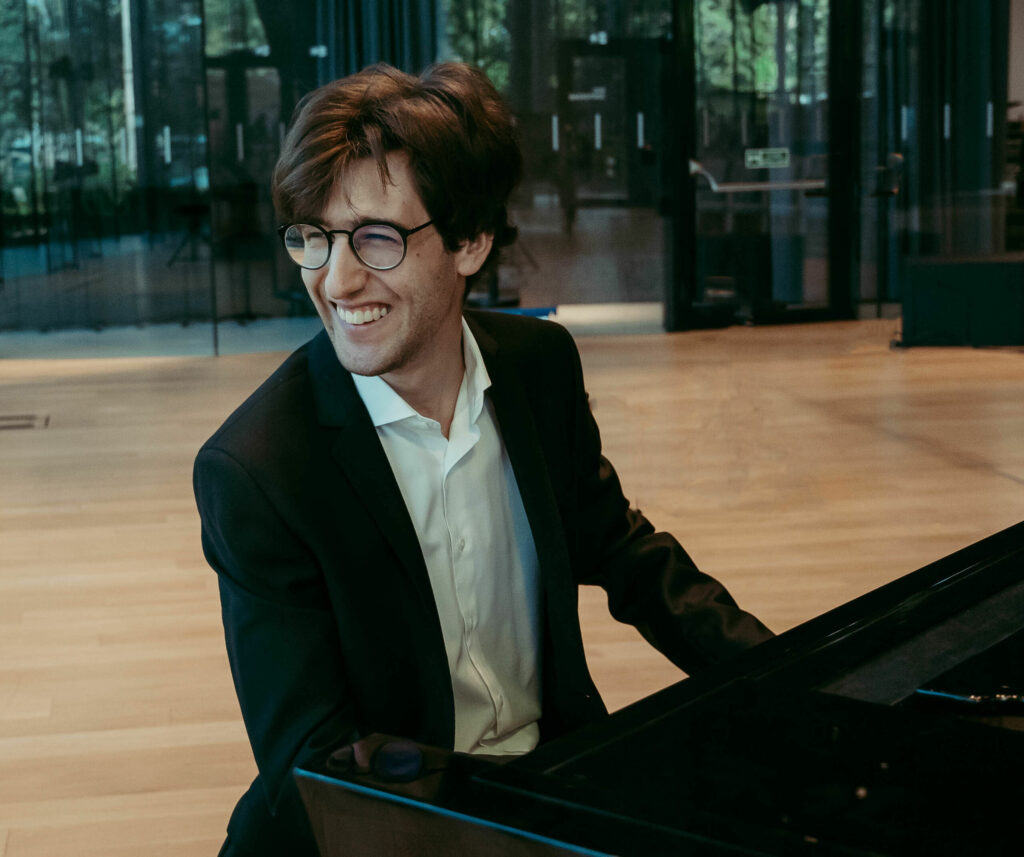
Franz SCHUBERT: Sonatina in A minor, D 385 Wolfgang Amadeus MOZART: Sonata in G major, K. 379 — Carl Maria von WEBER: Sonata in D minor, Op. 10, No. 3 Ludwig van BEETHOVEN: Sonata in C minor, Op. 30, No. 2
With Haydn in Vienna – 4. With Haydn in church

Joseph Haydn’s religious devotion is well known. He started his works – almost without exception – in the name of God and ended them with resounding thanks to the Lord. But what was the life of the pious person like in 18th century Vienna, how far did the practice of faith influence their life, how […]
With Haydn in Vienna – 3. With Haydn in the office

Administrative burdens, administration, money management. These are just the main headers of the performance. In order that we can imagine the everyday life of Joseph Haydn, we really do have to learn to what extent the spectre of bureaucracy terrified the composer. Language of performance: Hungarian.
Naruhiko Kawaguchi fortepiano recital
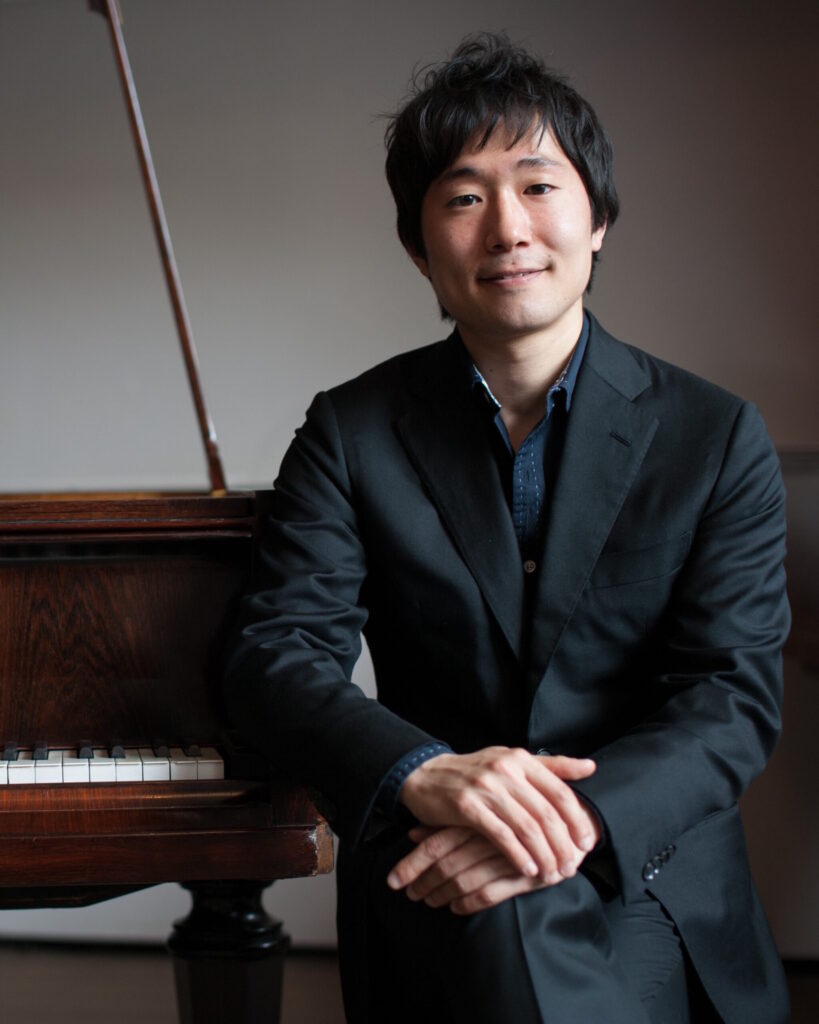
R. SCHUMANN: Arabesque, Op. 18 C. SCHUMANN: Scherzo, No. 2, Op. 14 Notturno, Op. 6, No. 2 Mazurka, Op. 6, No. 3 Caprice à la bolero, Op. 5, No. 2 F. MENDENSSOHN: Fantasie (Sonate écossaise), Op. 28 — S. de MASARNAU: Trois airs caractéristiques de danses nationales espagnoles, Op. 17 F. SCHUBERT: Ungarische Melodie, D […]
With Haydn in Vienna – 2. With Haydn in the opera

Music historian Ádám Bősze talks about putting on opera and the development of the institution of the concert in Vienna. During Joseph Haydn’s long life, the music enthusiast of the day experienced radical change. The impacts of these processes can still be felt today. Language of performance: Hungarian.
4th Haydneum Autumn Festival – Conversational piano concertos
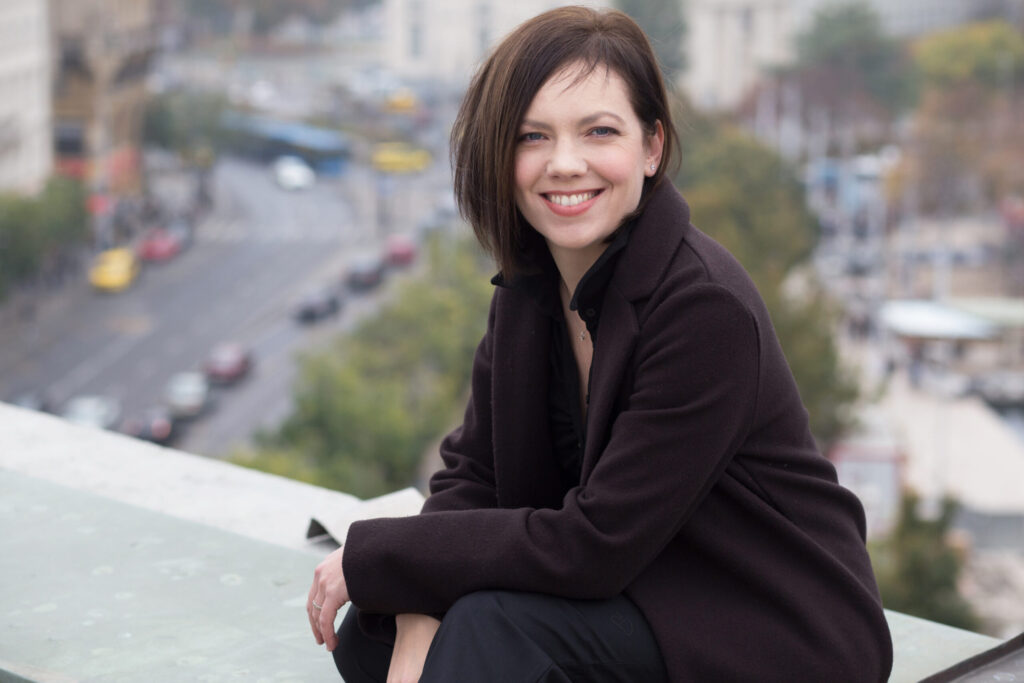
Joseph Haydn: Piano Concerto in D major, Hob. XVIII:11 (extraits) Anna von Schaden / Antonio Rosetti: Piano Concerto in B-flat major, C4 (extraits) — Wolfgang Amadeus Mozart: Piano Concerto in E-flat major (“Jeunehomme”), K. 271 A joint event of the Haydneum and the Hungarian House of Music.
4th Haydneum Autumn Festival – Thomas Dunford lute recital
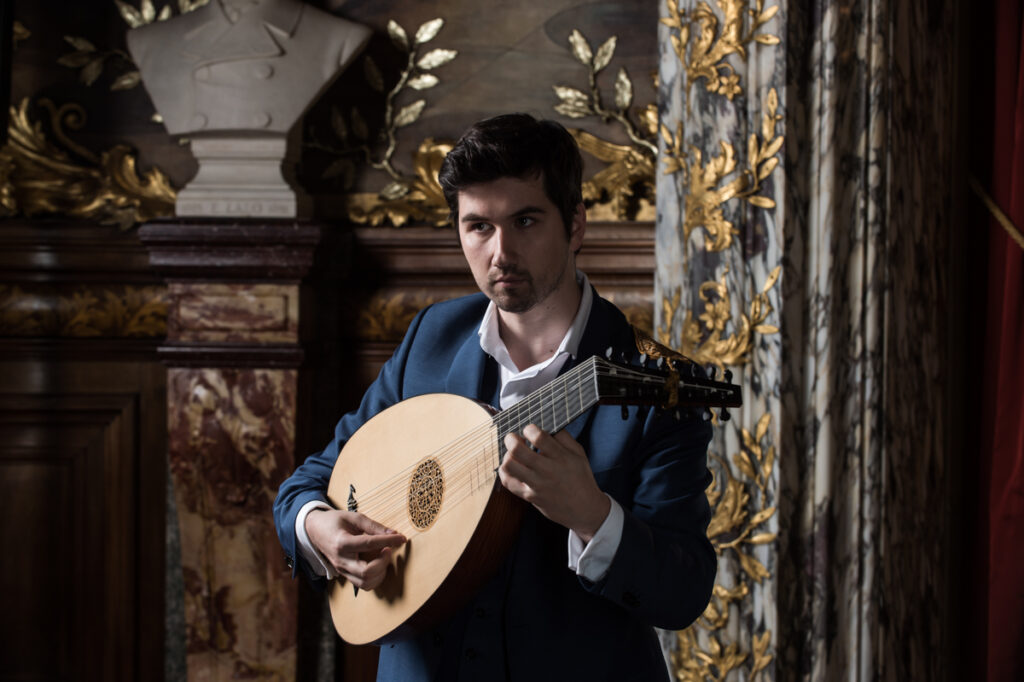
Johann Sebastian BACH: Cello Suite No. 1 in G major, BWV 1007 (transcription of Thomas Dunford) Lute Suite in G minor, BWV 995 (transcription from Cello Suite No. 5 by JS Bach) Chaconne in D minor, from the Partita No. 2, BWV 1004 (transcription of Thomas Dunford)
4th Haydneum Autumn Festival – The magic of early music (family programme)
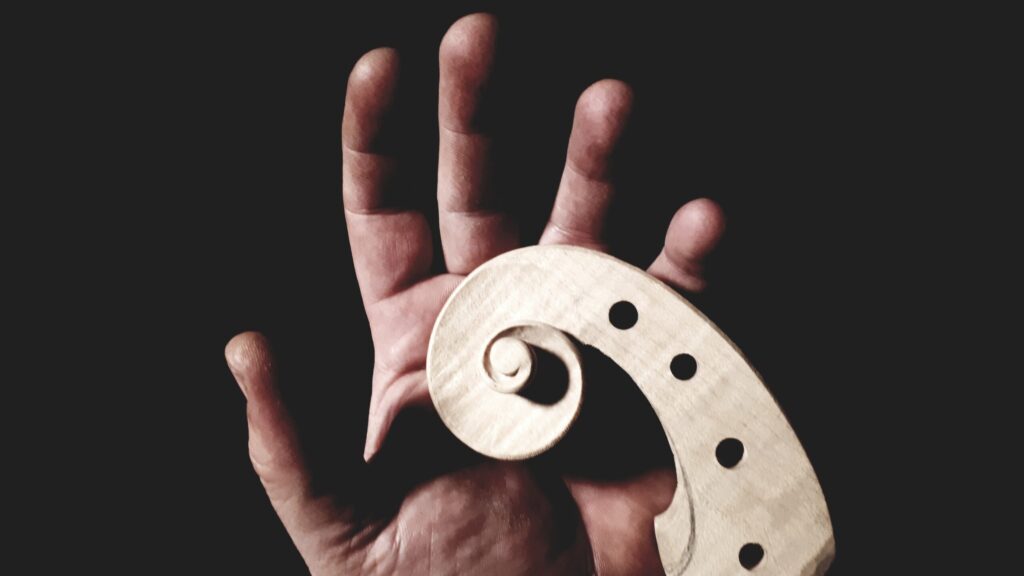
“Rumpus – The magic of early music” An excursion for families around the House of Music Hungary, a journey into the world of early music through a wide variety of games and occupations Haydneum workshops: Handicrafts with master violinmaker Szabolcs Bárdi Start times: 10.30 am, 11.10 am, 11.50 am Making old wooden games with applied […]